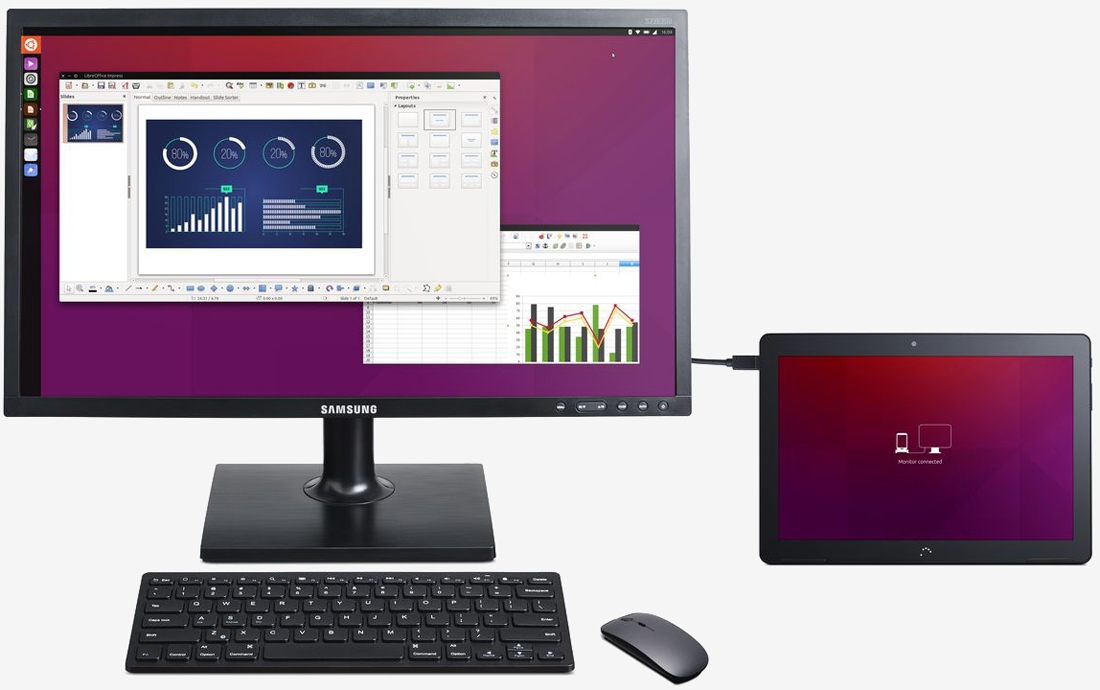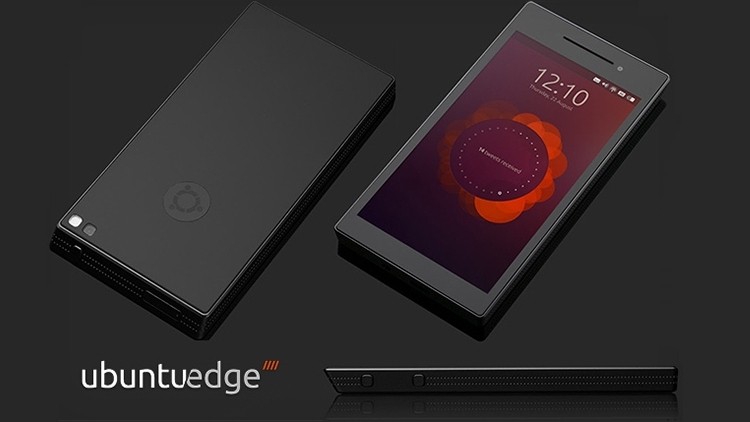Canonical, makers of the popular Ubuntu Linux distribution, recently announced it is pulling out of the mobile device market and will no longer invest in its Unity8 phone and convergence initiative. The decision will also see the company switch back to GNOME for the default Ubuntu desktop when Ubuntu 18.04 LTS arrives.
Ubuntu and Canonical founder Mark Shuttleworth said in a recent blog post that he took the view that, if convergence was the future and they could deliver it as free software, that would be widely appreciated both in the free software community and in the technology industry as there is substantial frustration with the existing, closed, alternatives available to manufacturers.

Shuttleworth said he was wrong on both counts, noting that the community viewed their efforts as fragmentation instead of innovation. The industry has not rallied behind the possibility, either, having instead taken what the South African entrepreneur calls a “better the devil you know” approach to such form factors.
Canonical embarked on an ambitious crowdsourced campaign to fund a high-end, Linux-based smartphone called the Ubuntu Edge in mid-2013. The project had a solid showing but fell short of its lofty $32 million goal with only $12.8 million raised.

The group went on to launch a handful of rebadged smartphones and tablets but middling hardware and questionable marketing campaigns ensured Canonical would never make any serious traction.
Shuttleworth said the decision has been very difficult due to the force of his conviction in the convergence future but the choice, he concluded, is ultimately shaped by commercial constraints.
https://www.techspot.com/news/68863-canonical-pulls-out-mobile-industry-cites-lack-interest.html